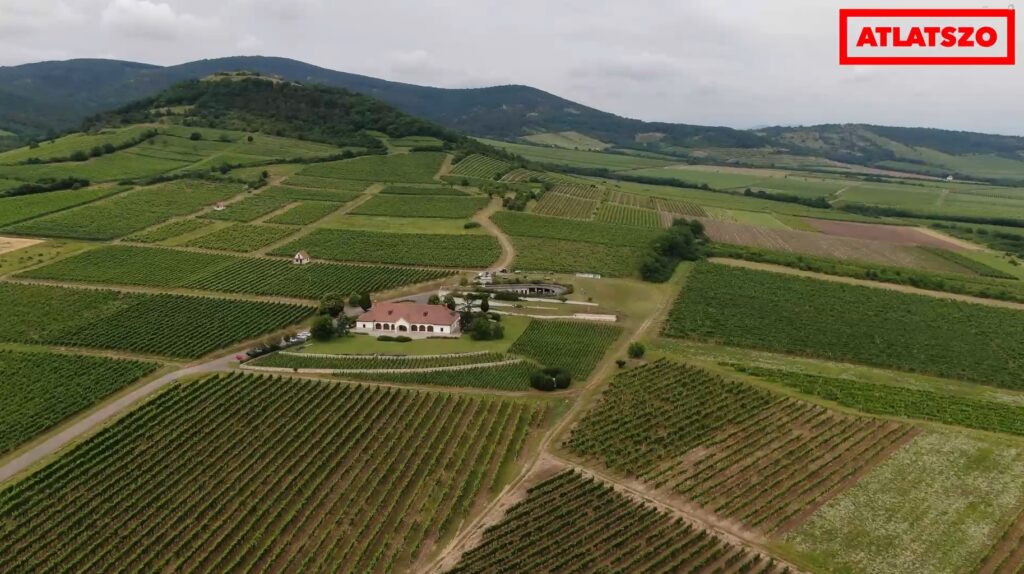The https://english.atlatszo.hu use cookies to track and profile customers such as action tags and pixel tracking on our website to assist our marketing. On our website we use technical, analytical, marketing and preference cookies. These are necessary for our site to work properly and to give us inforamation about how our site is used. See Cookies Policy
Omnibus bill leads to less transparency, hidden state land sales
A little bit of this, a little bit of that – no one will notice, don’t worry, no one will know. That is, in large part, the appeal of an omnibus bill. A recent example of such a bill, for example, restricts the public’s access to information regarding agricultural land sales.
The government has stuffed new legislation into a bill that removes the Ministry of Agriculture’s obligation to publish contracts with the National Land Center, thereby restricting public access to information about the lands sold by the National Land Center.

October 29th was a late night for Deputy Prime Minister Dr Zsolt Semjén. It was well past dinner time – 10 p.m. – when the good doctor submitted an 86-page legislative amendment titled “Amendments to Certain Agricultural Laws.” Innocuous changes sandwiched a clause in Section 32 that repealed Section 21(7) of the NFA Act. In full, the explanation was: “To avoid overlapping regulations, Section 21 (7) of the NFA Act, which pertains to the public disclosure of data related to contracts for land parcels within the National Land Fund, is repealed.”
Minister buys forest
The section in question had stated: “In cases of sale, exchange, lease, or transfer of management under this section, the data specified in Section 30 (1) must be made public within three days of concluding the contract.” Once the omnibus bill is passed, the Ministry of Agriculture will no longer be required to publish contracts involving the National Law Center. A reader and farmland transactions expert brought the amendment to our attention. Based on the NFA Act, he explained, any reporting obligation would be scrapped.
“According to general requirements under transparency laws, such as the ‘glass pocket’ laws, they theoretically should still report, but this represents a significant step back in terms of public access to information,”
the reader said.
Famously, the National Land Center oversees the sale of state-owned land. They sold Minister of Construction and Transport János Lázár a 7,815-square-meter forest near his Batida estate – controversial, as the sale of state-owned forests is generally prohibited by law. Lázár must have been wearing his lucky socks, because they made an exemption for him. He paid HUF 1.5 million to the state for the property.
In 2023, when Átlátszó submitted an FOIA request regarding the decision, the Ministry of Agriculture wrote that the declaration of agreement “is not issued to a specific individual but is intended, in general, to affirm to the property rights holder that retaining the land in state ownership is not justified from the perspectives of land policy, nature conservation, or forestry management.” They added that, “contrary to information reported in the press, there are no legal obstacles to transferring ownership of the forest area in question into private hands.”
The ministry attached the declaration document, which explained that purchasing state-owned forests requires ministerial approval. According to Section 8 (6) of the Forestry Act (Evt.) and Section 3 (3) of its implementing regulation (Hr.), the minister responsible for forestry must agree to the transfer of ownership of land specified in Section 8 (5) of the Forestry Act under any legal title. The declaration also noted: “A purchase offer was submitted to the National Land Center to acquire the properties detailed in the Annex under a sales agreement.”
Important data ommitted
Previously, the Ministry of Agriculture disclosed information about these transactions. The new legislative amendment will significantly restrict these disclosures.
According to our source, the reason behind the change is increasing press attention towards land acquisitions. It is not the only assault on transparency in this area – the National Land Centre’s website is no longer functional, and contracts are only published in annual summaries as PDFs under public interest data.
“These publications never complied with deadlines, which is probably why they are removing the stipulation from the law,” said our source. “Currently, all sorts of contracts are lumped together and published annually, retrospectively, for the previous year,” they explained.
When data on the previous year is uploaded, entries are often missing and there is no statement of completion.
“The Land Policy Council’s decisions – actual approval of any contract – should also, hypothetically anyways, be disclosed within five days after the meeting,” our source noted. “This has essentially never happened – for example, the Lázár contract could have been seen before it was finalized because it was preliminarily approved by the BPT.” This requirement will not be removed by the new omnibus bill – but this is little comfort, as it has been entirely ineffective up till now.
“There is no limit to how long the data should be available,” the source continued, “so technically, the information should remain published and available indefinitely. But that would make Ángyán reports much easier to write – maybe that isn’t the goal here.” Ángyán reports refer to reports written by former MP József Ángyán, who scrutinized land sales.
We asked the Ministry of Agriculture where the National Land Council’s previous disclosures were made, what deadlines applied to them, where the Land Policy Council’s decisions were published, and how the new rules would change these deadlines. The ministry did not respond to any of our questions.
Translated by Vanda Mayer. Hungarian version of this story written by Csaba Segesvári can be found here. Cover photo: Ráhel Orbán’s vineyards in Sárazsadány and István Tiborcz’s Tokaj wine house – Gergely Pápai / Átlátszó

